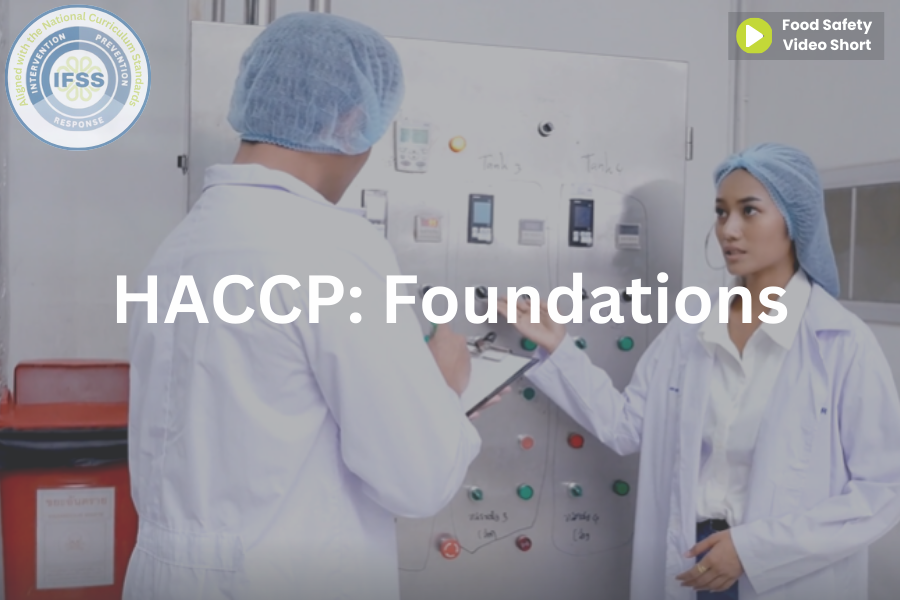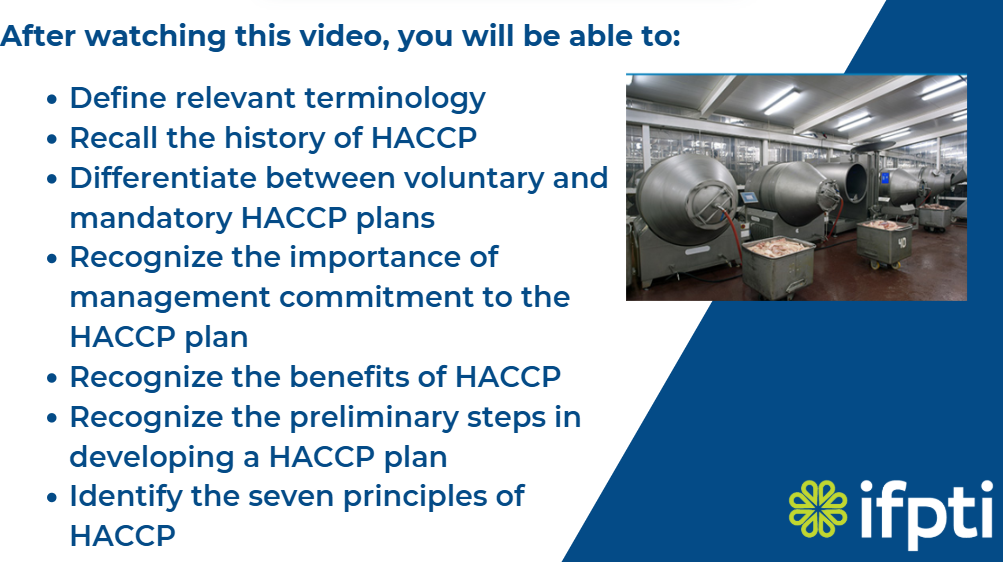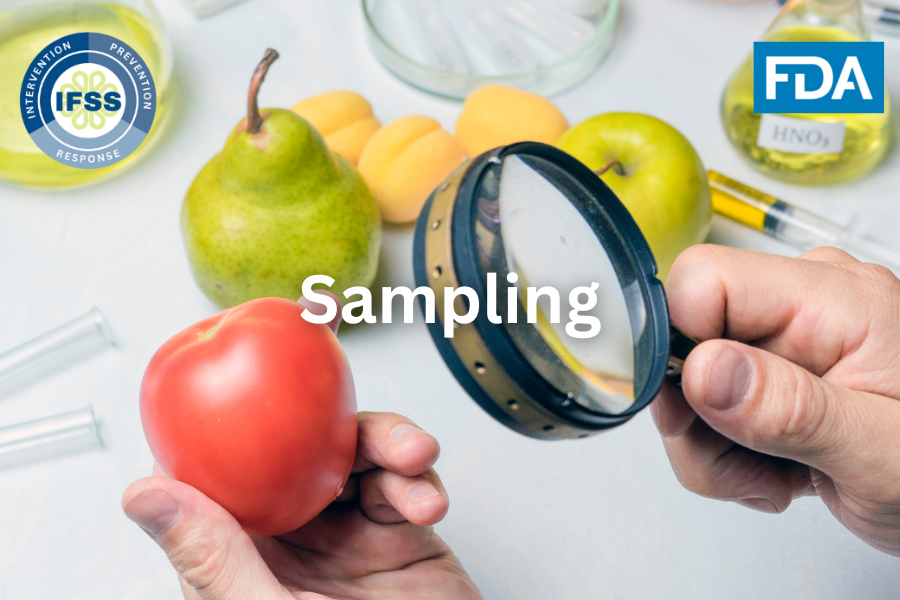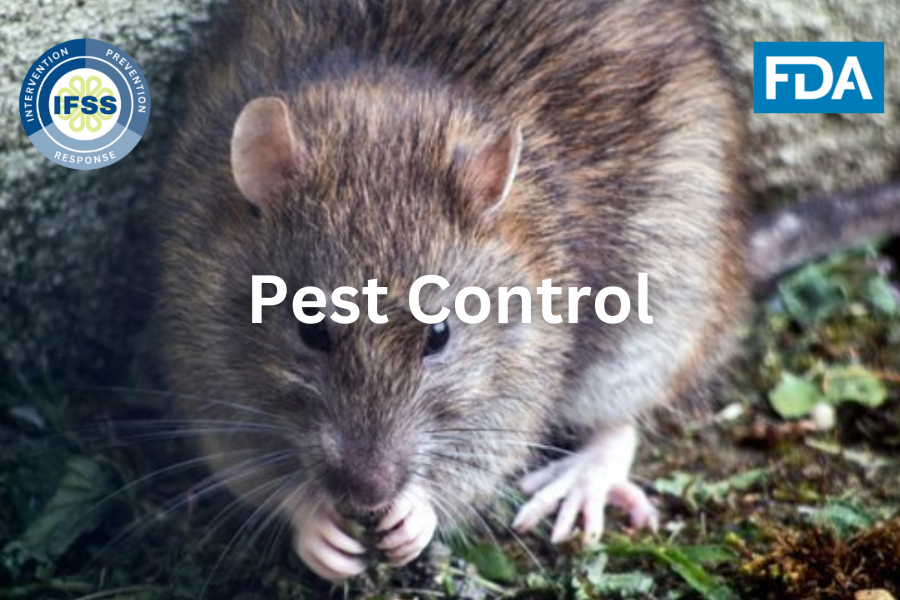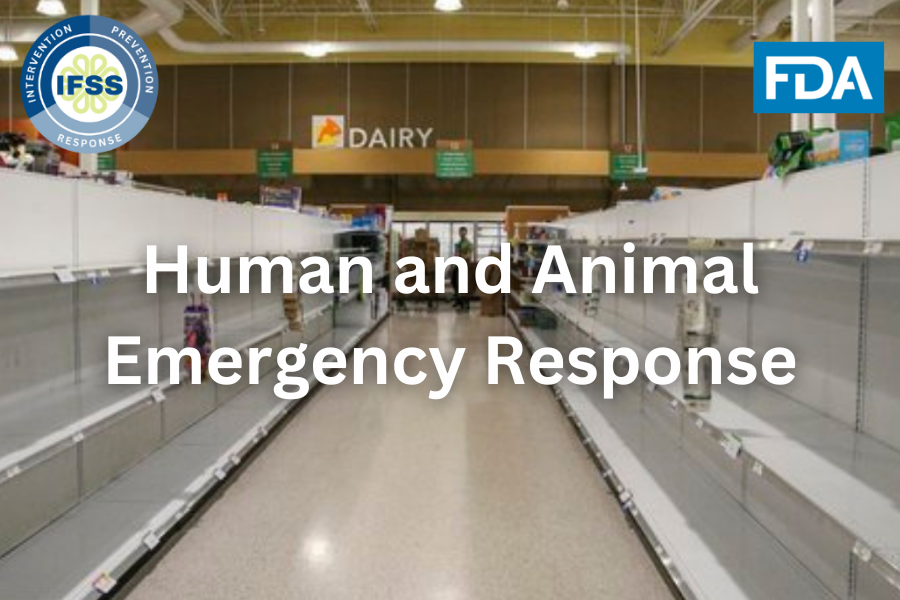 Image 1 of 2
Image 1 of 2

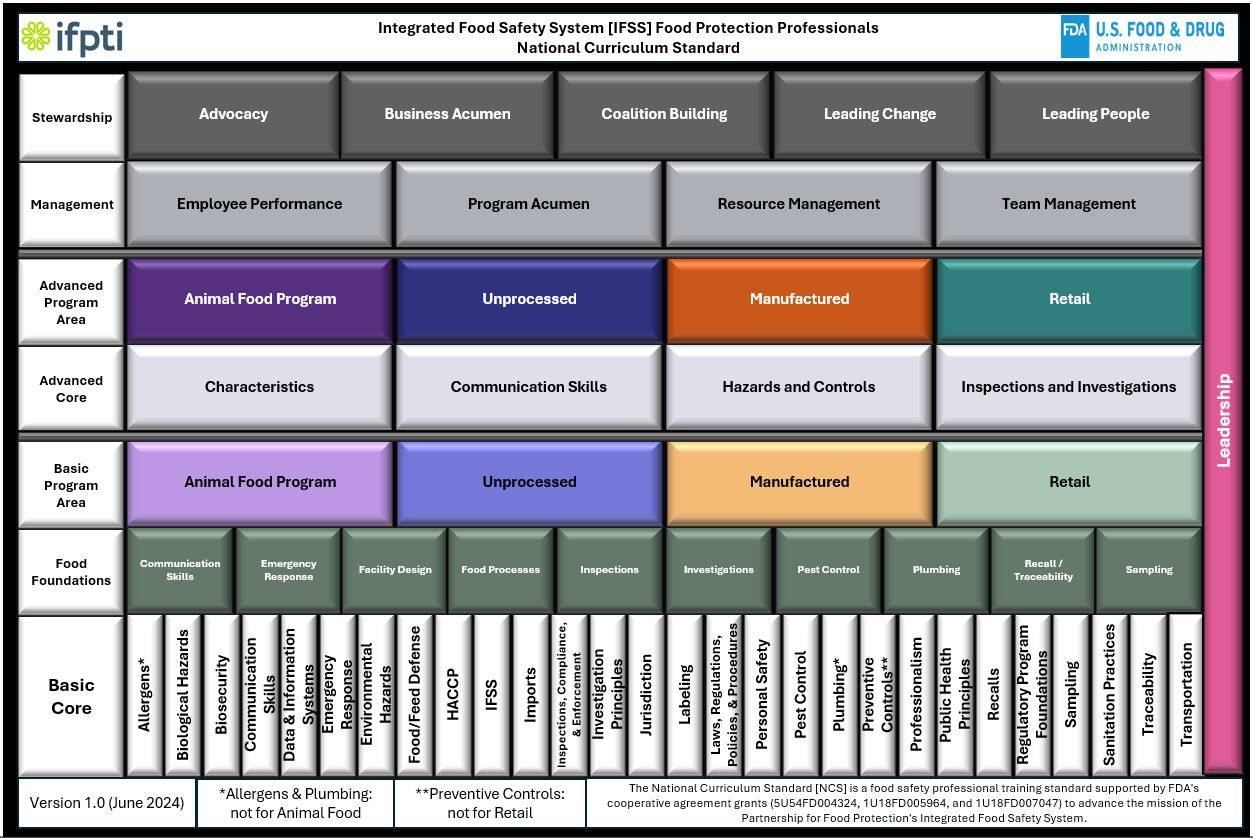 Image 2 of 2
Image 2 of 2



Human and Animal Food Emergency Response
The IFSS Basic Level Human and Animal Food Emergency Response will provide introductory knowledge, skills, and abilities related to basic food safety concepts in the event of a food-related emergency.
Course Objectives
Foundations
Upon successful completion of this unit, the participant will be able to identify at least three basic food safety concepts used when responding to human and animal food emergencies.
ELO 1-1: Define “food-related emergency.
ELO 1-2: Identify basic food safety concepts as they relate to food emergencies.
ELO 1-3: Locate sources to learn about basic food safety concepts and emergency response.
UNIT 2: EMERGENCY MANAGEMENT RESPONSE STRUCTURE
Upon successful completion of this unit, the participant will be able to describe the overall emergency management approach of an effective response to a food emergency.
ELO 2-1: Recognize the four elements of the emergency management diagram.
ELO 2-2: Indicate the different organizational components of a successful response to a food-related emergency.
ELO 2-3: Recognize the important role that communication plays in the successful response to a food emergency.
UNIT 3: ADAPTING IN A FOOD SAFETY EMERGENCY
Upon successful completion of this unit, the participant will be able to recognize the importance in being adaptable in order to successfully participate in a response to a food safety emergency.
ELO 3-1: Identify significant personal aspects in a successful response to a food safety emergency.
ELO 3-2: Recognize temporary and situationally specific changes.
UNIT 4: PRESERVING PERSONAL SAFETY
Upon successful completion of this unit, the participant will be able to determine how best to preserve their own personal safety in an emergency response situation.
ELO 4-1: Identify the importance of being aware of all aspects of the situation you find yourself in.
ELO 4-2: Recognize the personal protective equipment (PPE) that you need to use to preserve your personal safety.
UNIT 5: TAKING ACTION
Upon successful completion of this unit, the participant will be able to identify the tasks that an entry-level regulator is likely to perform in a food emergency incident.
ELO 5-1: Recognize the actions that an entry-level regulator is likely to perform as a member of a strike team.
ELO 5-2: Illustrate the ways in which an entry-level regulator may interact with the public during a food emergency incident.
ELO 5-3: Recognize common methods that can be used to work with other agencies during a food emergency incident.
Course duration: approximately 90 minutes
The IFSS Basic Level Human and Animal Food Emergency Response will provide introductory knowledge, skills, and abilities related to basic food safety concepts in the event of a food-related emergency.
Course Objectives
Foundations
Upon successful completion of this unit, the participant will be able to identify at least three basic food safety concepts used when responding to human and animal food emergencies.
ELO 1-1: Define “food-related emergency.
ELO 1-2: Identify basic food safety concepts as they relate to food emergencies.
ELO 1-3: Locate sources to learn about basic food safety concepts and emergency response.
UNIT 2: EMERGENCY MANAGEMENT RESPONSE STRUCTURE
Upon successful completion of this unit, the participant will be able to describe the overall emergency management approach of an effective response to a food emergency.
ELO 2-1: Recognize the four elements of the emergency management diagram.
ELO 2-2: Indicate the different organizational components of a successful response to a food-related emergency.
ELO 2-3: Recognize the important role that communication plays in the successful response to a food emergency.
UNIT 3: ADAPTING IN A FOOD SAFETY EMERGENCY
Upon successful completion of this unit, the participant will be able to recognize the importance in being adaptable in order to successfully participate in a response to a food safety emergency.
ELO 3-1: Identify significant personal aspects in a successful response to a food safety emergency.
ELO 3-2: Recognize temporary and situationally specific changes.
UNIT 4: PRESERVING PERSONAL SAFETY
Upon successful completion of this unit, the participant will be able to determine how best to preserve their own personal safety in an emergency response situation.
ELO 4-1: Identify the importance of being aware of all aspects of the situation you find yourself in.
ELO 4-2: Recognize the personal protective equipment (PPE) that you need to use to preserve your personal safety.
UNIT 5: TAKING ACTION
Upon successful completion of this unit, the participant will be able to identify the tasks that an entry-level regulator is likely to perform in a food emergency incident.
ELO 5-1: Recognize the actions that an entry-level regulator is likely to perform as a member of a strike team.
ELO 5-2: Illustrate the ways in which an entry-level regulator may interact with the public during a food emergency incident.
ELO 5-3: Recognize common methods that can be used to work with other agencies during a food emergency incident.
Course duration: approximately 90 minutes

